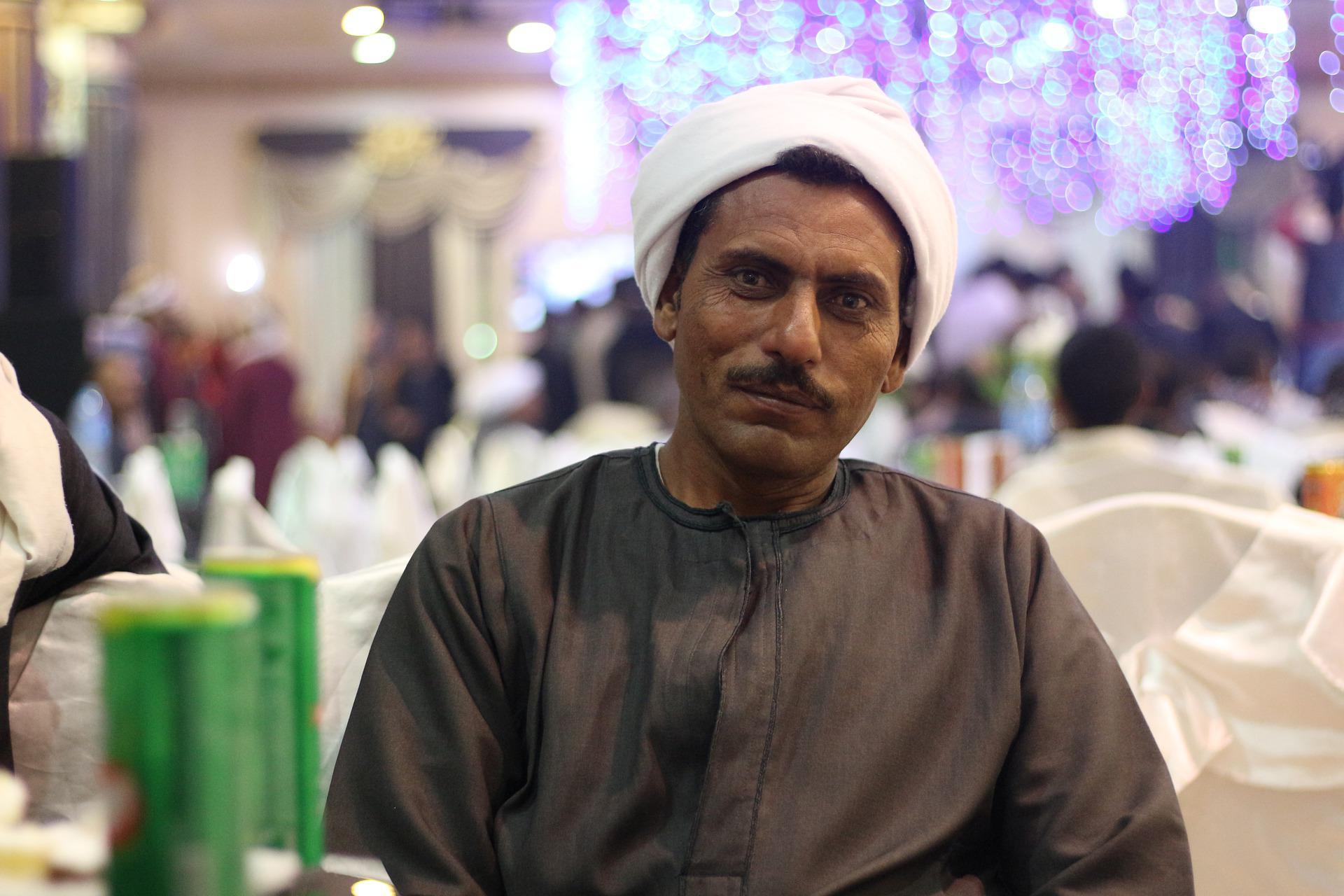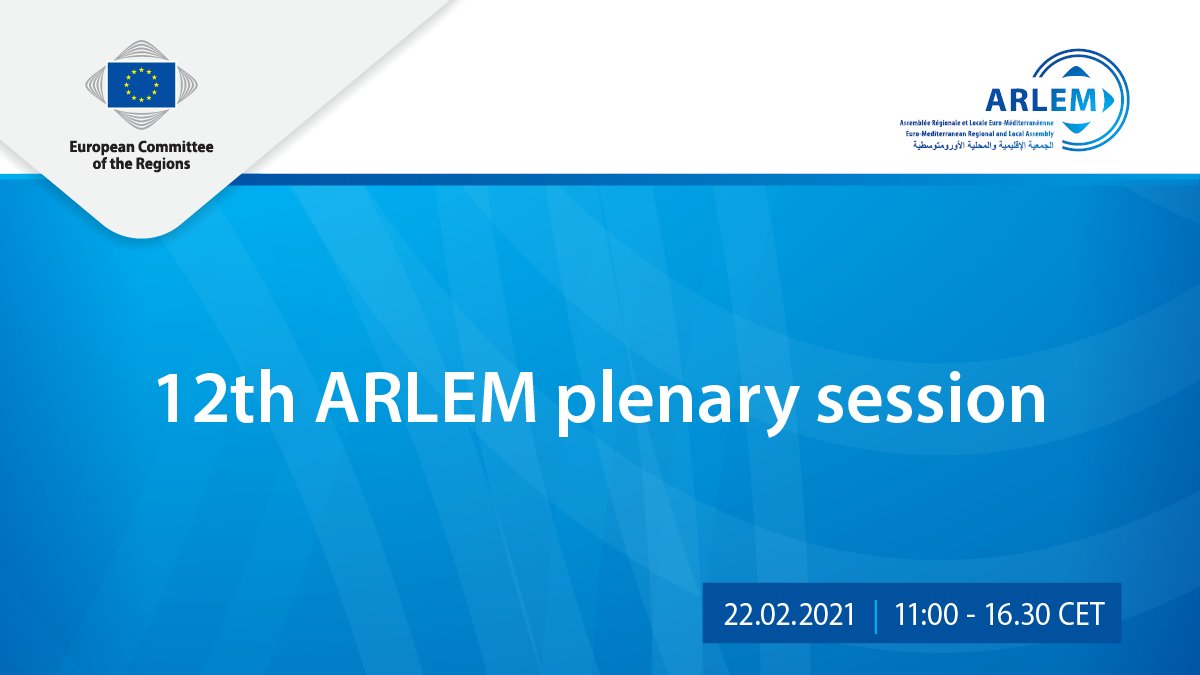EU-funded TEC-MED project improves social care services for the elderly in Egypt

As one of the project’s partners, Egypt is working to establish a new social-ethical care model for the elderly, which will improve social care services for the elderly who lack support from their families and society. Specifically, research has found that social support can play a significant role in overall health as people age, improving both physical and mental health.
It is worth noting that this model takes into account cultural, social, economic, and ethical factors such as respect for the physical and mental health of the elderly.
TEC-MED will educate and raise awareness of those responsible for caring for the elderly, whether family members or health or social service providers so that they have the tools and capabilities to improve elderly social care services.
The project will provide training for health professionals and medical personnel such as nurses and caregivers. Furthermore, the TEC-MED model will make a diagnosis, assessment, follow-up, and medication delivery easier, particularly in rural areas. It will establish a link between non-professional caregivers and professionals in order to monitor the status of elders, particularly in their homes.
It will provide tools for the elderly to understand their rights in the services provided by the state and society, as well as assist them in communicating with caregivers or other support groups. In terms of the public community, it will create a database with information on the elderly population in each area, as well as facilities concerned with social/health services, and will encourage youth to volunteer in the social care of the elderly by developing programs to attract them.
The TEC-MED model is a theoretical framework that was developed through a thorough participatory process involving all partner countries in the project (Spain, Greece, Tunisia, Egypt, and Lebanon). It aims to have a common transcultural social ethical care model to support elderly people across different countries in the Mediterranean.
For more information




























 Syria
Syria 





